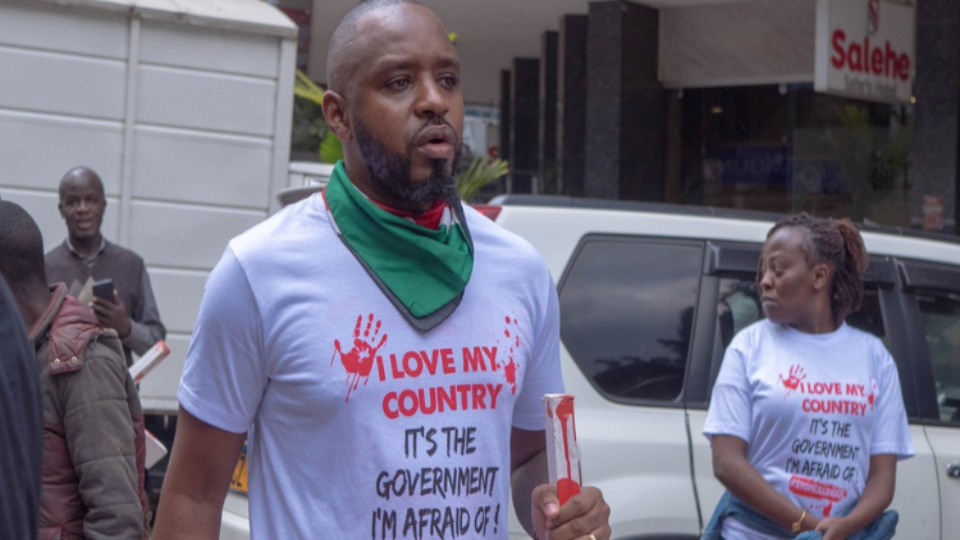ICJ Kenya Condemns Rising Unlawful Arrests and Political Suppression
The Kenyan Section of the International Commission of Jurists (ICJ Kenya) has issued a strong condemnation of the escalating cases of unlawful arrests, arbitrary detentions, and political suppression targeting activists, protesters, and youth across Kenya. In a statement released from Pangani Police Station in Nairobi, the organization highlighted a disturbing trend of human rights violations, including trumped-up charges and the misuse of the justice system to silence dissent.
The statement comes in the wake of the arrest of prominent activist Boniface Mwangi on July 19, 2025, just one day after he filed a landmark case before the East African Court of Justice. Mwangi’s case sought accountability from the governments of Kenya, Uganda, and Tanzania for his enforced disappearance, arbitrary detention, torture, and inhumane treatment, including physical and sexual violence, two months prior. ICJ Kenya reported that Mwangi’s arrest followed a raid on his home, conducted without court orders or guarantees of his rights as an accused person. The organization described this as part of a broader pattern of politically motivated prosecutions aimed at stifling voices critical of the government.
ICJ Kenya expressed deep concern over the increasing authoritarianism in Kenya, accusing the government of weaponizing the justice system to criminalize peaceful protest and activism. The group pointed to systemic issues, including the Office of the Director of Public Prosecutions (ODPP) pursuing baseless charges and the erosion of judicial independence. They called for an immediate end to the criminalization of human rights defenders and demanded transparency and accountability in legal proceedings. The statement emphasized that these actions threaten Kenya’s democratic progress, warning that the systematic undermining of the judiciary could unravel decades of hard-won gains that have inspired liberation movements across Africa.
The organization also raised alarms about the potential implementation of a shoot-to-kill policy, referencing a prior order under President William Ruto’s administration to “shoot-to-maim.” ICJ Kenya warned that such a policy would lead to unlawful killings and widespread violence against civilians, violating international human rights obligations, including the right to life as protected by the Universal Declaration of Human Rights (UDHR) and the International Covenant on Civil and Political Rights (ICCPR). They cautioned that Kenya could face international legal scrutiny from bodies such as the United Nations Human Rights Council, the International Criminal Court (ICC), or the African Union if these violations persist. Such actions could also trigger sanctions or other measures from international organizations to hold the government accountable.
ICJ Kenya urged the Kenyan Judicial Service Commission (JSC) to defend judicial independence and called for reforms to ensure the justice system is not used as a tool for political repression. The group stressed the need to protect the rights of all Kenyans, particularly those engaging in peaceful protest or advocating for accountability. They also appealed to the public to remain vigilant and demand justice for those targeted by unlawful arrests and detentions.
The statement concluded with a call to action, urging the government to uphold its constitutional and international obligations to protect human rights. ICJ Kenya reaffirmed its commitment to monitoring the situation and advocating for the rule of law, emphasizing that the fight for justice and democratic freedoms in Kenya remains a critical priority.


